Available when not needed, difficult when needed
As a business operating in a closed value chain for rice products, Loc Troi Group is deeply involved in activities from researching and creating new varieties, to cultivating, purchasing, processing and exporting rice.
According to Mr. Le Thanh Hao Nhien, CFO of Loc Troi, the company estimates that in 2023 it will need about VND8,000 billion in capital for production and business activities. In 2024, the company may need nearly double the amount of working capital, up to VND15,000 billion.
To meet the capital needs of businesses, bank credit is an inevitable choice. However, Mr. Nhien believes that it is necessary to design loan packages that are suitable to the characteristics of each industry, even each business at each time.
According to him, the current loan packages for rice enterprises are usually limited by banks to only 6 months. Mr. Nhien believes that for a business deeply involved in the value chain like Loc Troi, a 6-month loan term is too short. Therefore, he recommends that the banking industry have credit packages lasting from 10-12 months.
“The average capital turnover of rice is about 6 months, but for Loc Troi, this turnover will be longer because we also participate in rice variety research, so the minimum capital turnover must be 10 months,” said Mr. Nhien.
Mr. Pham Thai Binh , Chairman of the Board of Directors of Trung An High-Tech Agriculture Joint Stock Company, also admitted that if a business invests according to the value chain, it needs to borrow capital for a term of 12 months, because the business invests from the beginning of the season to the end of the season and then continues to the next season.
For Trung An, due to the short capital turnover, he said, a 6-month loan is suitable. Even though the contract is for 6 months, this company always pays off the bank loan early because after signing the rice export contract, the money comes in before the due date to pay the bank.
Mr. Nguyen Van Nhut, General Director of Hoang Minh Nhat Joint Stock Company ( Can Tho ), said that rice is seasonal, so banks need to be flexible in credit limits.
“During the harvest season, the demand for rice is high, so credit policies need to have adequate and flexible limits at such times,” said Mr. Nhut.
In addition, according to Mr. Nhut, for the rice industry, this year has the characteristic of high price increase, about 20 - 40% compared to last year, the need for capital for purchasing also increases, so banks also need to consider and create favorable conditions.
Mr. Nhat gave an example, buying 10,000 tons of rice previously required 100 billion VND in capital, but now the price of rice has increased by 40%, requiring 140 billion VND.
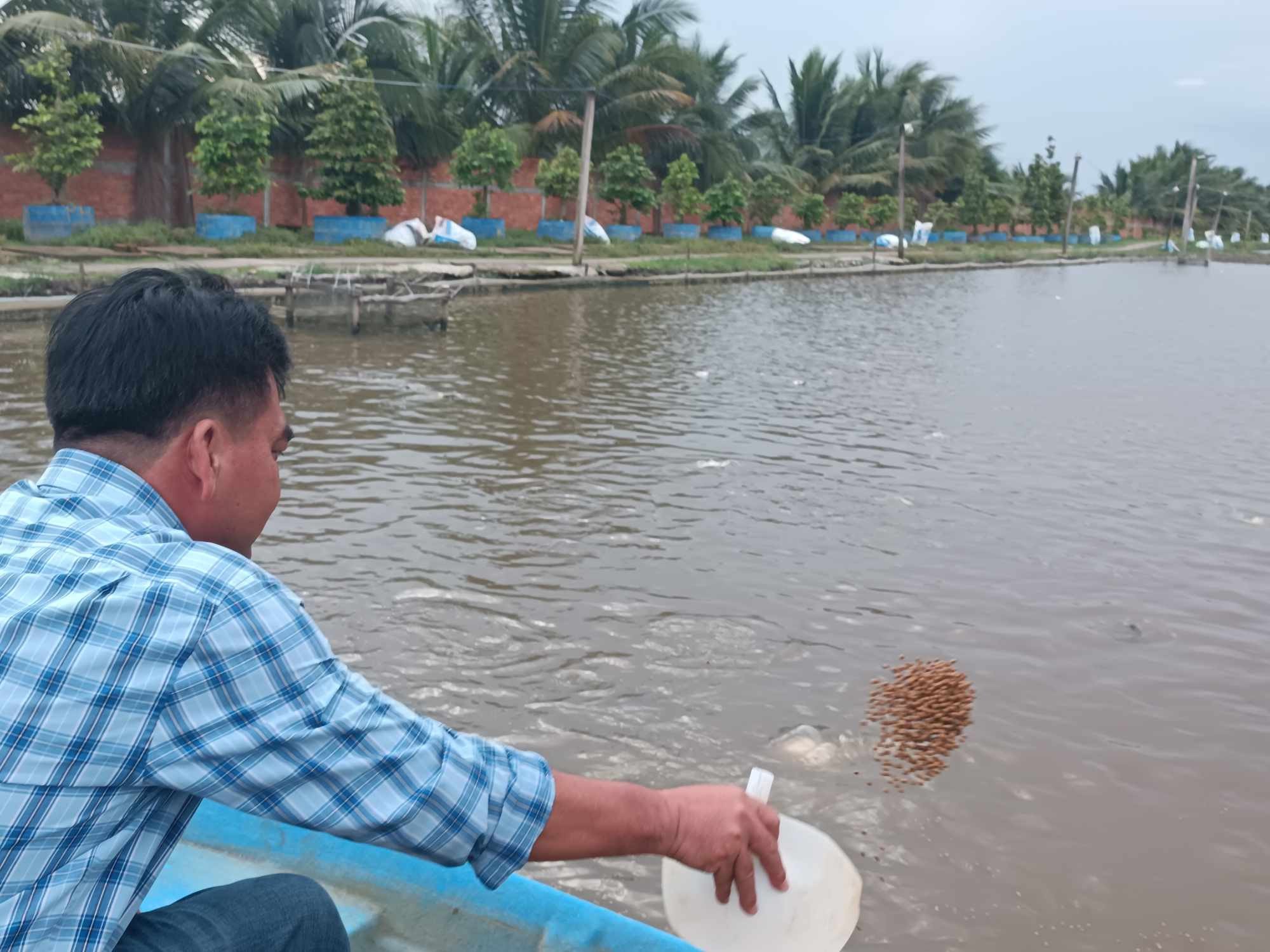
Not only rice enterprises, but also seafood enterprises think that banks need to be more flexible in granting credit limits to enterprises.
Mr. Ngo Minh Hien, General Director of Nam Can Seafood Import-Export Joint Stock Company ( Ca Mau ) said that Ca Mau's main extensive shrimp crop is harvested from March to June. Enterprises need money at this time to buy products for farmers. Enterprises also buy shrimp seasonally, but the bank's loan limit is only 100 billion VND.
This leads to businesses "losing capital", unable to continue losing money, farmers have to sell through traders, through many different intermediaries so they do not get good prices.
When businesses can borrow capital, they have to buy shrimp at high prices because it is off-season. Farmers cannot sell to businesses, which often leads to the situation where the price of shrimp in the main season is "as cheap as sweet potatoes".
"Banks need to avoid situations where businesses cannot borrow money when they need to buy goods, but have plenty when they don't need it," said Mr. Hien.
Banks want businesses to be transparent
However, bank representatives all said that disbursement is difficult for many reasons, especially for businesses in the rice and seafood industries.
Firstly, the nature of purchasing agricultural products from farmers without invoices and documents makes it difficult for credit institutions to comply with the State Bank's regulations on disbursing cash loans and controlling the purpose of loan use.
Besides, most of the collateral in rural agricultural loans are agricultural land, aquaculture land,... which have low value and low liquidity.
Third, for collateral assets such as inventories and receivables, it is difficult to manage and can easily lead to duplication between many banks (one collateral asset can be used as mortgage at many banks).
Representative of the commercial bank, Mr. Le Ngoc Lam, General Director of BIDV shared that the bank wants to accompany businesses but in return also hopes that businesses will be transparent to create trust with the bank.
Currently, the unsecured loan rate is high, the more transparent the business is, the more favorable conditions banks have to promote credit. At the same time, we also hope that businesses will promote core business activities, not operate outside the industry to ensure safety and efficiency.
Meanwhile, Ms. Phung Thi Binh, Deputy General Director of Agribank, said that in addition to the bank's efforts, businesses need to proactively develop feasible projects and production and business plans; strengthen liquidity and cash flow management...
In response to businesses' complaints, State Bank Standing Deputy Governor Dao Minh Tu requested local State Bank branches to immediately check the progress of implementing the 15,000 billion VND credit package to support forestry and fisheries.
At the same time, commercial banks are required to be more flexible in granting credit limits at each time for people and businesses to promptly meet capital needs.

Source


![[Photo] Binh Trieu 1 Bridge has been completed, raised by 1.1m, and will open to traffic at the end of November.](https://vphoto.vietnam.vn/thumb/1200x675/vietnam/resource/IMAGE/2025/10/2/a6549e2a3b5848a1ba76a1ded6141fae)





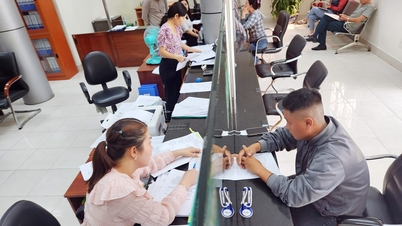

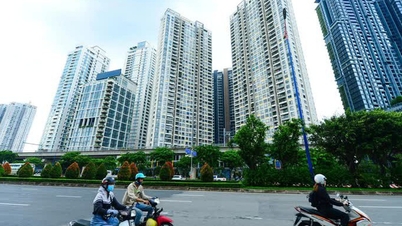









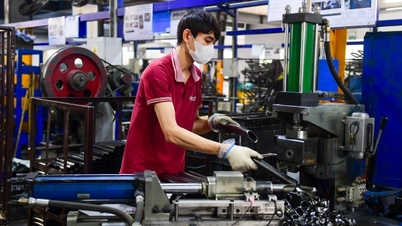





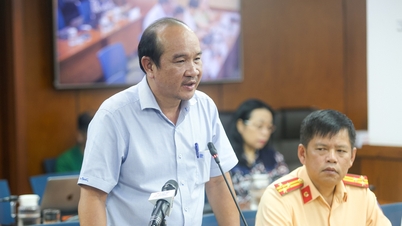
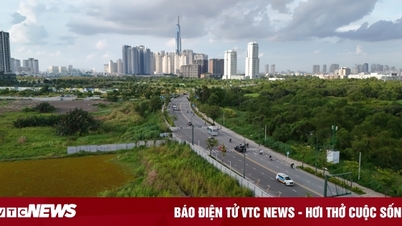

























































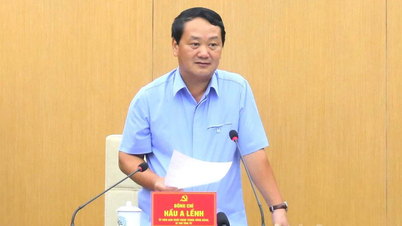
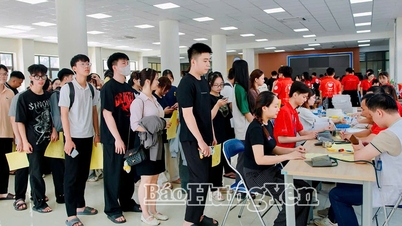

















Comment (0)